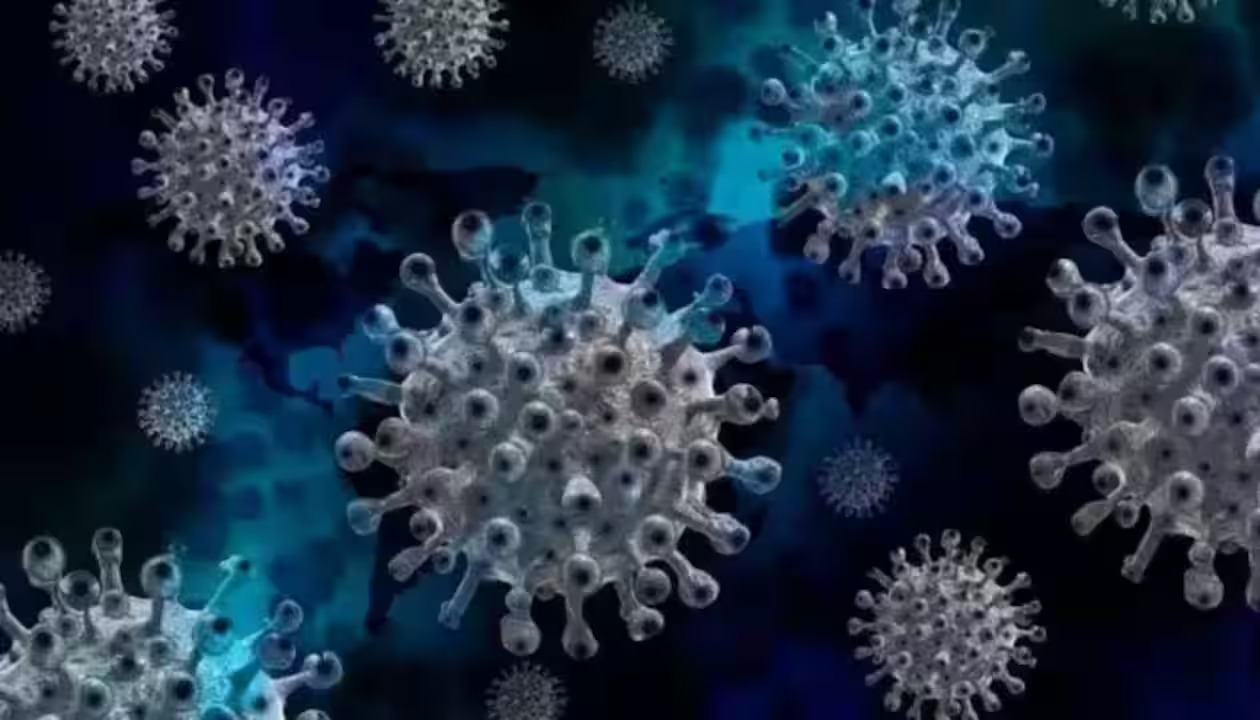What is disease X? This is a big question that is lingering on everyone’s mind? As per Kate Bingham, an expert in infectious diseases, compared the mortality rate of Disease X to that of the Spanish Flu. Disease X had the potential to bring about the next pandemic and kill fifty million people.
According to the findings of a health specialist from the United Kingdom, Disease X, which is the name given to it by the World Health Organisation (WHO), has the potential to produce another pandemic that is more deadly than Covid-19. In an interview with Daily Mail, Kate Bingham, who served as the chair of the UK’s Vaccine Taskforce from May to December 2020, stated that the newly discovered virus may have an effect comparable to that of the terrible Spanish Flu that occurred in 1919-1920. According to the World Health Organisation (WHO), Disease X may be caused by an unidentified infectious agent such as a virus, bacterium, or fungus for which there are now no treatments.
Ms. Bingham voiced her concern by stating, “Let me put it this way: the influenza pandemic that occurred in 1918–1919 killed at least 50 million people worldwide. This number is twice as high as the number of people who died in World War I.” We might anticipate a mortality toll comparable to that caused by one of the many viruses that are already in existence today.
According to what she said to the Daily Mail, in the event that the globe needs to take action against the risk posed by Disease X, “the world will need to prepare for mass vaccination drives and deliver the doses in record time.”
The specialist went on to say that researchers have recognised 25 virus families, but that there may be more than one million varieties that have not yet been found. These variants may be able to transfer themselves from one species to another.
“Despite the fact that it was responsible for at least 20 million deaths all over the world, in a way we were fortunate that COVID-19 happened to us.” The fact that the vast majority of persons who were infected with the virus were able to recover is the main argument… Imagine that Disease X had the same fatality rate as Ebola but is only half as contagious as measles. According to Ms. Bingham, “it is replicating somewhere in the world, and sooner or later, somebody will start feeling sick as a result of it.”
She stated that other diseases such as avian flu and MERS also killed a significant number of people, in addition to Ebola, which had a mortality rate of almost 67 percent. Therefore, we absolutely cannot put any money on the fact that the next epidemic will be simple to control.
Ms. Bingham also provided an explanation for why the frequency of pandemics is growing.
Living in the contemporary world comes with a number of drawbacks, one of which is an increase in the number of outbreaks. To begin, it is becoming more interconnected as a result of globalisation. Second, according to Ms. Bingham, “more and more people are cramming themselves into cities, where they frequently come into close contact with other people.”
In addition, viruses are able to transfer themselves from one species to another as a direct result of the degradation of wetlands, contemporary agricultural practises, and deforestation.
In May, the World Health Organisation (WHO) made its first online reference of Disease X on its website.
The definition of the phrase included the statement that it “represents the knowledge that a serious international epidemic could be caused by a pathogen that is currently unknown to cause human disease.”
In 2018, the WHO began using this word in their work. And exactly one year later, the Covid-19 virus started to spread from country to country.
